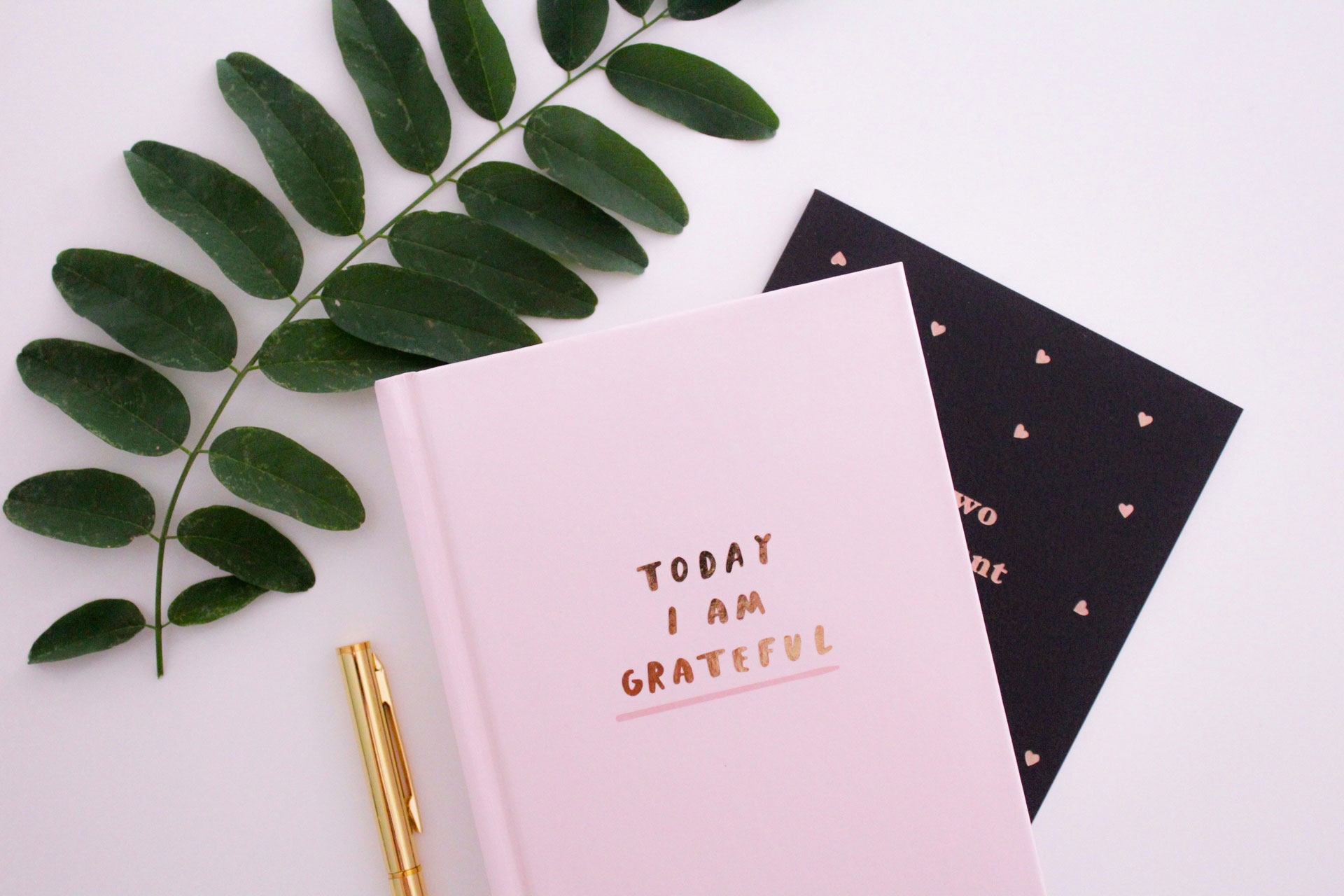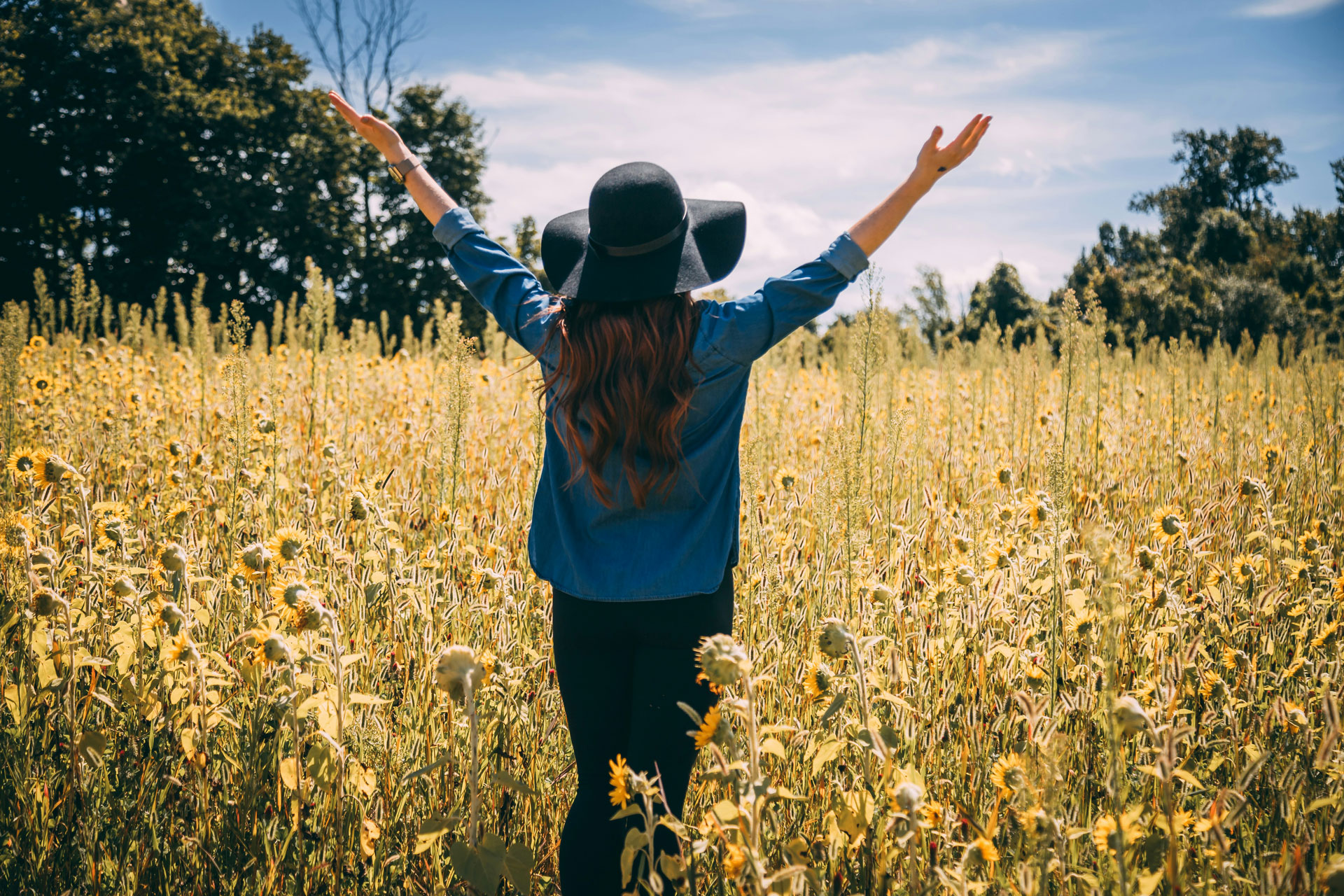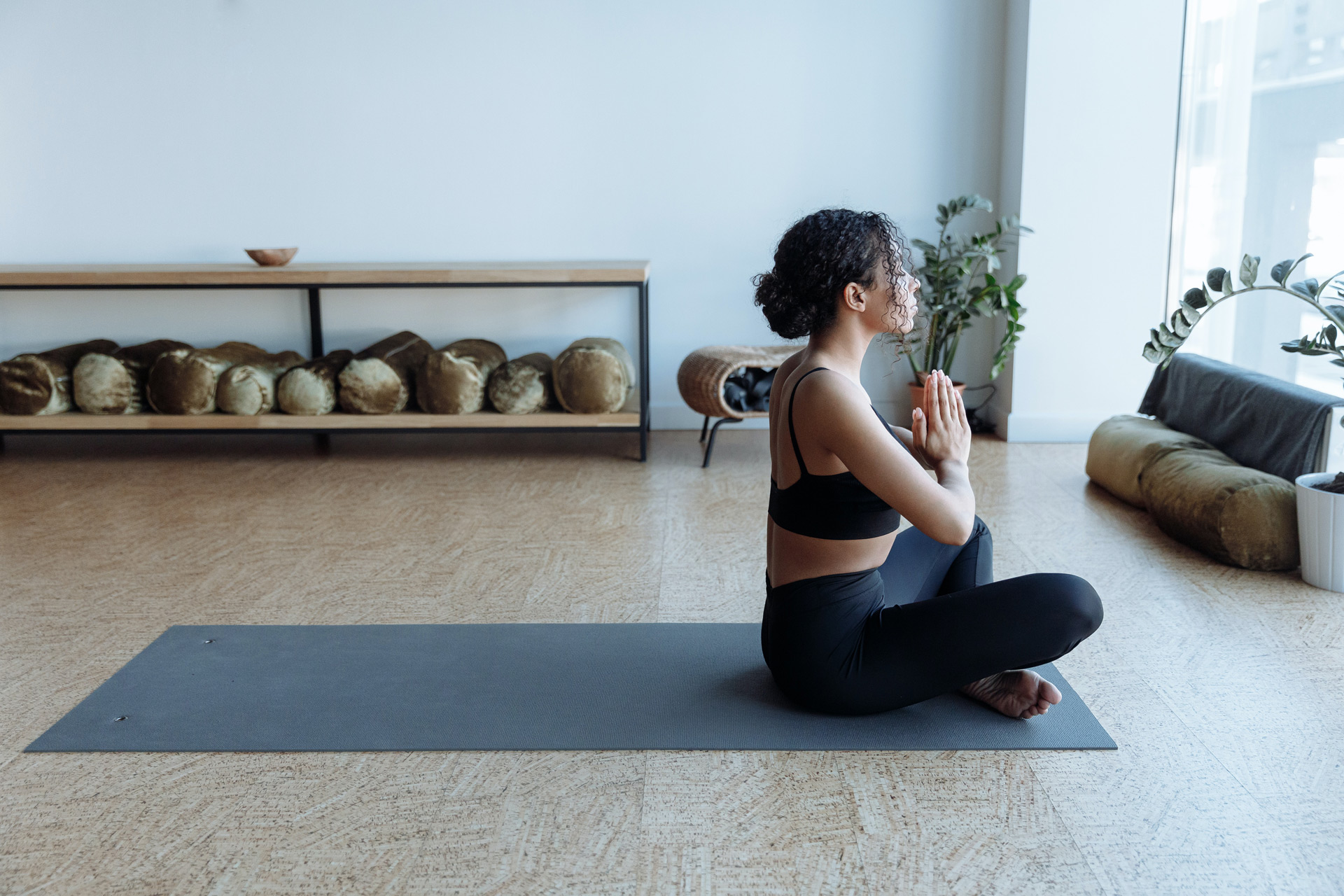5 Ways To Practise Gratitude In Everyday Life
By
1 year ago
The benefits of being grateful, and how to do it

Longevity is a big buzzword in the health sphere right now, with a spate of recent research on which foods will help extend our lifespan (carrots and coffee, apparently). But it’s not just about what we put on our plate: daily habits can also have a huge impact. The latest study explores the long-term benefits of gratitude, finding that grateful people tend to live longer. That’s not the only wellness perk either – practising gratitude can also boost physical health and improve our relationships with others. However, just deciding to ‘be grateful’ can be tricky, particularly for people struggling with mental health issues or those going through a difficult life event. So what are some practical ways to bring gratitude into our lives?
What Are The Benefits Of Gratitude?
May help you live longer
Being grateful can give us an instant mood boost, but the effects may be more far-reaching. A recent study of nearly 50,000 older women found participants who noticed gratitude more frequently had a longer lifespan, measured using a questionnaire featuring statements like ‘I have so much in life to be thankful for’, to which people could respond with options ranged from 1 (strongly disagree) to 7 (strongly agree). Researchers concluded that ‘individuals in the highest tertile of gratitude, compared with the lowest tertile, had a nine percent lower hazard of deaths from any cause, after accounting for baseline sociodemographic characteristics, social participation, religious involvement, physical health, lifestyle factors, cognitive function, and mental health.’
May support heart health
It’s not only the mental side: gratitude has been linked with physical benefits too. There are numerous studies showing a grateful mindset positively affects biomarkers associated with the risk for heart disease. One 2021 review of research, for instance, found that keeping a gratitude journal can cause a significant drop in diastolic blood pressure (the resting phase between heartbeats). High diastolic blood pressure can increase a person’s risk of cardiovascular disease.

Unsplash
Helps develop strong relationships
As well as offering individual benefits, saying thank you to others can help improve your relationships with partners, friends and colleagues. One study, which looked into cohabiting couples, found that when one partner expressed gratitude, both reported improved connection the following day. Being grateful could win you more friendships too: a 2014 study published in Emotion found that thanking a new acquaintance means they’ll be more likely to seek an ongoing relationship.
Improves sleep
Struggle to silence the millions of thoughts whizzing around your head at night? A daily gratitude routine could help with that, according to a 2011 study published in Applied Psychology: Health and Well-Being, which suggests spending just 15 minutes jotting down a few things you’re grateful for each day could help you sleep better and for longer.

How To Practise Gratitude
Keep a journal
A good way to create a daily routine is by investing in a gratitude journal (or simply finding an old notebook) and writing down a few things you’re grateful for each morning or night. This could be something as simple as the sun shining or a delicious dinner – simply taking the time to shift your perspective has been found to have a significant impact on wellbeing.
Make a gratitude jar
Another written idea is creating a memory jar, which you can add to every time you notice you’re grateful for something. Jot it down, pop it in and delve into the jar any time you’re having a low day.
Meditate
We all know meditation is great for mental health – but sometimes, it can be difficult to quiet our brains and focus or thoughts. That’s where guided meditations come in, helping you take a pause to reflect on what you’re grateful for. These encourage you to look around and notice the small things in life: the smile of a stranger, for instance, or the joy of a morning coffee – as well as creating space to focus on the people and things you are grateful for in life. Try apps like Headspace or Calm, which offer a bank of hundreds of different meditations, including many focusing on gratitude.
Thank people
This one is simple: remember to thank people. Simply take a moment to express gratitude for something someone has done for you, or write a friend a thank you card for a recent gift. Not only will it make their day better, it will reinforce your relationship and create a positive social environment.
Volunteer
Volunteering for a local charity can be a great way to cultivate gratitude. As the Calm meditation app website says: ‘Helping others can foster a sense of gratitude and connectedness. Volunteer your time, donate to a cause you believe in, or perform acts of kindness to experience the fulfillment that comes from giving.’









